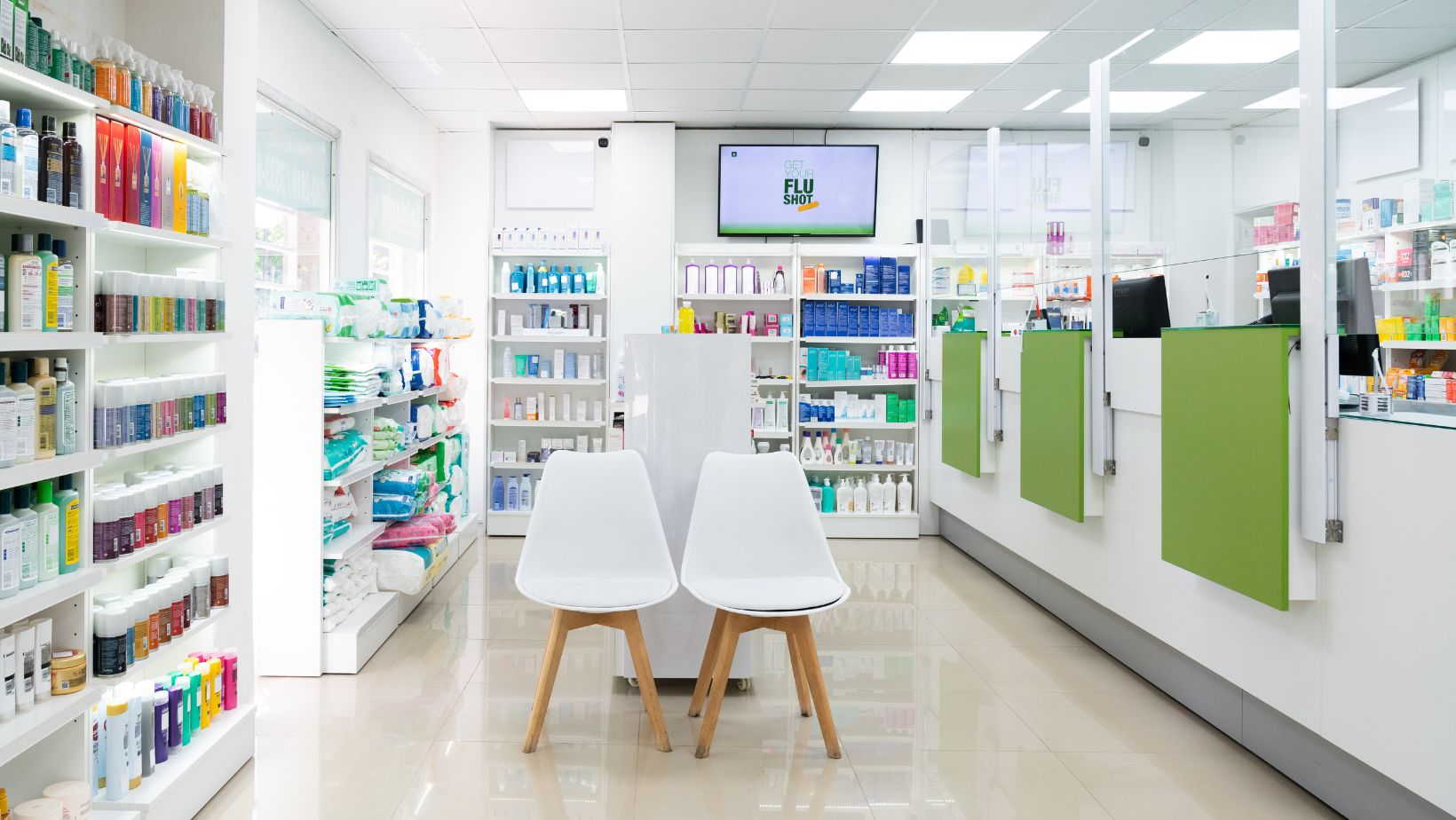In today’s fast-paced healthcare environment, retail pharmacies face mounting pressures to deliver high-quality services while optimizing their operational efficiency. Innovative solutions are emerging as vital tools that help pharmacies navigate these challenges. From technology integration to process automation, advancements in pharmacy management are enhancing the way retail pharmacies operate, allowing them to better serve their communities and improve patient outcomes.
One of the most significant innovations is the adoption of pharmacy management software. This software centralizes operations by managing everything from inventory control to billing and patient records. By streamlining these processes, pharmacists can reduce administrative burdens and focus more on patient care. With user-friendly interfaces and real-time data, these systems enable pharmacies to make informed decisions quickly, leading to improved workflow efficiency.
Innovative solutions are essential for enhancing operational efficiency in retail pharmacies. By embracing technology and process improvements, pharmacies can optimize their workflows, improve patient care, and meet the ever-evolving demands of the healthcare landscape. For those interested in discovering comprehensive pharmacy management solutions, learn more about how these tools can transform pharmacy operations. By leveraging integrated systems, pharmacies can streamline their processes and enhance their ability to provide exceptional care to their communities.
Another key development is the implementation of automated dispensing systems. These systems not only speed up the medication dispensing process but also minimize the potential for human error. By automating routine tasks, such as counting and labeling medications, pharmacies can significantly reduce wait times for patients. This increased efficiency not only enhances customer satisfaction but also allows pharmacists to dedicate more time to clinical services and patient consultations.
Telepharmacy is another innovative solution gaining traction in retail pharmacy settings. This service allows pharmacists to provide care remotely, making it easier for patients to access medication counseling and support. Telepharmacy is especially beneficial for patients in rural or underserved areas, where access to healthcare may be limited. By leveraging telehealth technology, pharmacies can extend their reach and ensure that all patients receive the care they need, regardless of their location.

The integration of mobile applications and patient portals has also revolutionized the pharmacy experience. These tools empower patients to manage their prescriptions, request refills, and access important health information at their convenience. By providing patients with a user-friendly platform, pharmacies foster better engagement and adherence to medication regimens. This proactive approach not only enhances patient outcomes but also alleviates some of the workload from pharmacy staff.
Data analytics is another powerful tool that is transforming pharmacy operations. By analyzing prescription patterns and patient demographics, pharmacies can make data-driven decisions that optimize inventory management and improve service delivery. Understanding which medications are in high demand allows pharmacies to maintain appropriate stock levels, preventing both shortages and overstock situations. This analytical approach ensures that pharmacies can efficiently meet the needs of their communities while minimizing waste.
Artificial intelligence (AI) is becoming increasingly integrated into retail pharmacy operations. AI can assist pharmacists in various tasks, such as predicting medication usage trends and identifying potential drug interactions. By harnessing the power of AI, pharmacies can enhance medication management, ensuring that patients receive the most appropriate therapies. This innovative technology not only improves patient safety but also allows pharmacists to optimize their workflows, ultimately enhancing overall efficiency.
Additionally, innovative solutions in training and workforce management are essential for enhancing retail pharmacy efficiency. Online training platforms provide pharmacists and staff with easy access to continuing education and skill development resources. By fostering a culture of continuous learning, pharmacies can ensure that their teams are well-equipped to adapt to new technologies and industry standards. This investment in workforce development translates to improved service delivery and patient care.

Process improvement methodologies, such as Lean and Six Sigma, are also gaining popularity in retail pharmacies. These approaches focus on identifying and eliminating waste within pharmacy operations, resulting in more efficient workflows. By streamlining processes and optimizing resource allocation, pharmacies can enhance productivity while maintaining high standards of care. Implementing these methodologies encourages a culture of continuous improvement, benefiting both staff and patients alike.
Furthermore, the importance of cybersecurity cannot be overlooked in the digital age. As pharmacies increasingly rely on technology to streamline their operations, protecting sensitive patient data becomes paramount. Innovative cybersecurity measures ensure that pharmacies safeguard their systems from potential threats, maintaining patient trust. By prioritizing data security, pharmacies can create a secure environment where patients feel comfortable managing their health information.
























